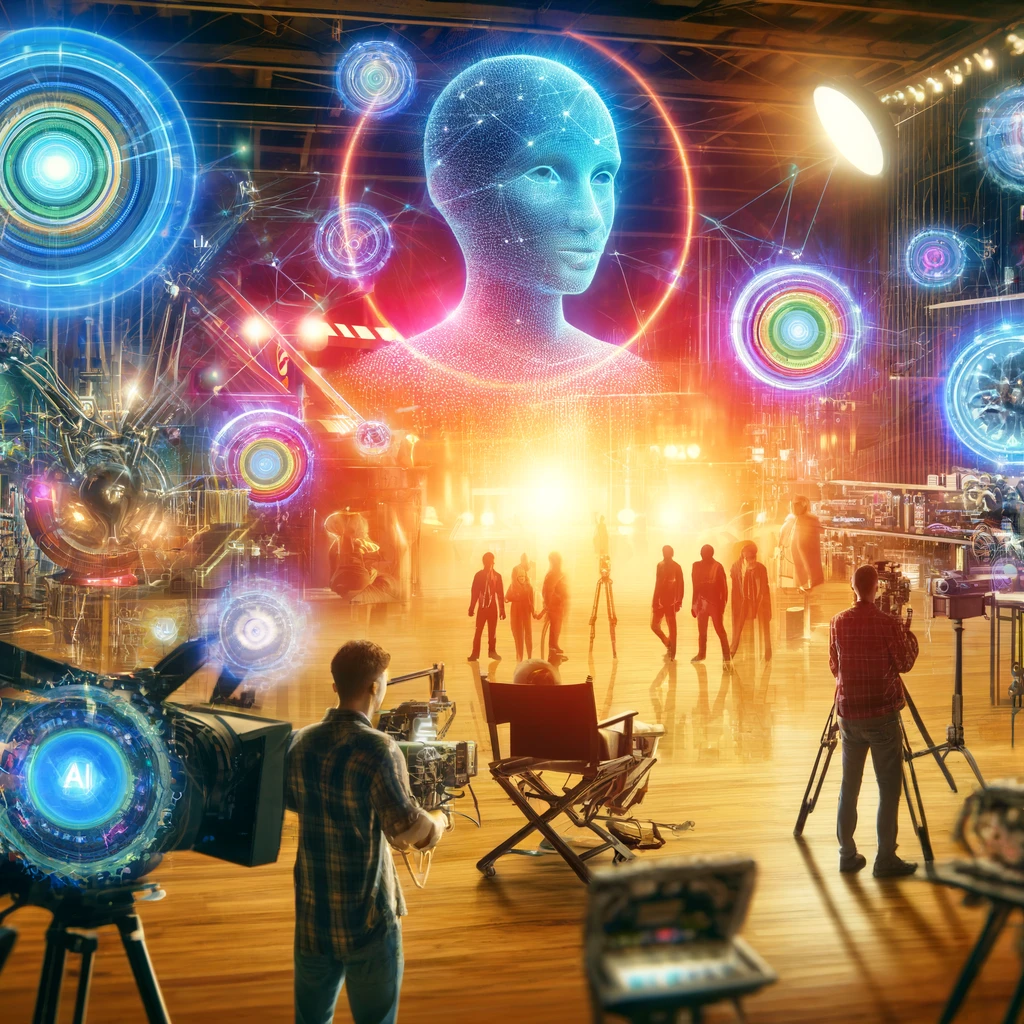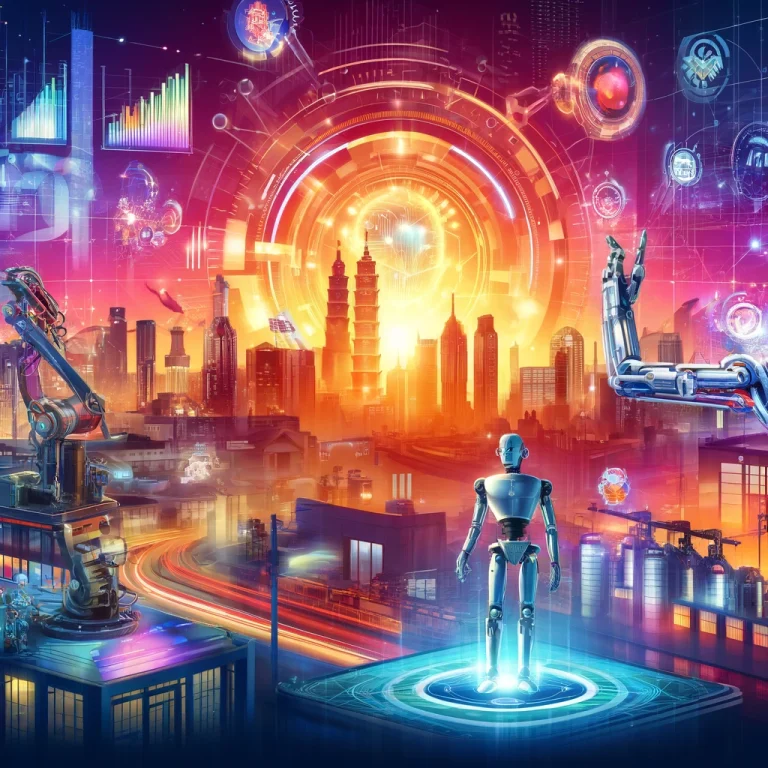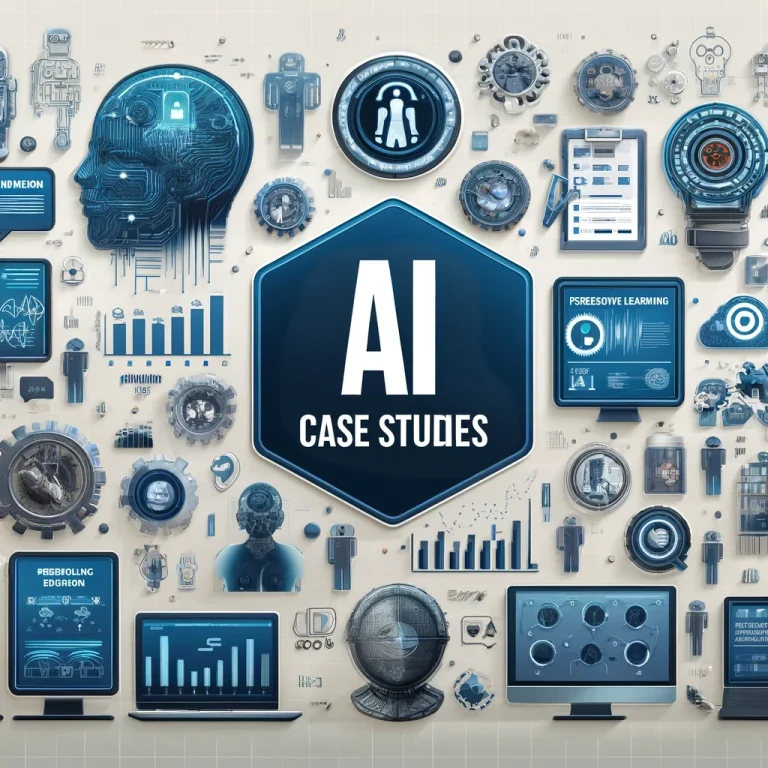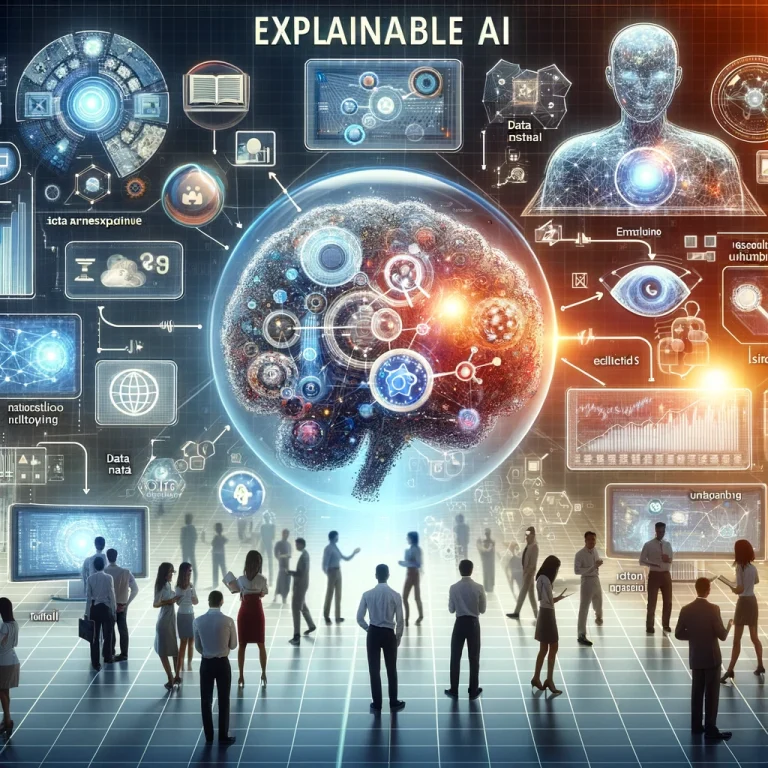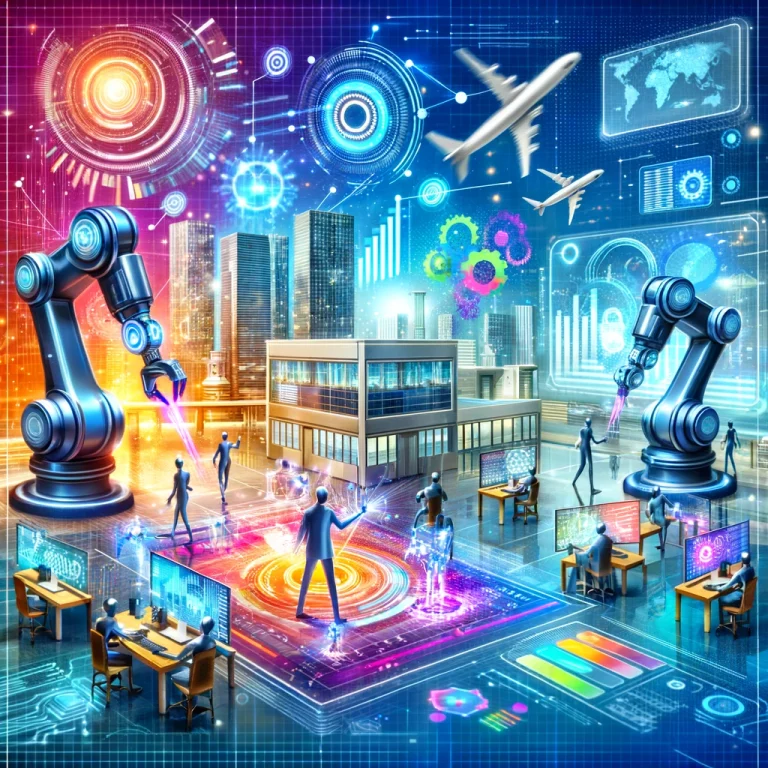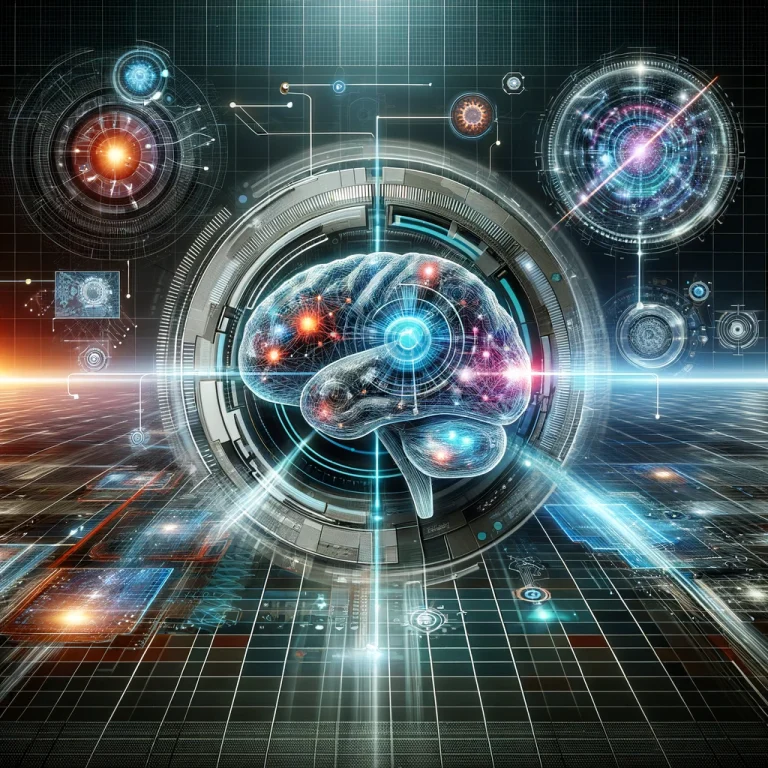Lights, Camera, Action! How Generative AI is Revolutionizing Filmmaking
Imagine a world where creating a photorealistic alien landscape for your sci-fi epic is as simple as a few lines of code. Or where perfectly lip-syncing a foreign language performance becomes an automated process. This isn’t science fiction – it’s the exciting reality of generative AI in filmmaking, a trend recently explored in a fascinating MIT Technology Review article. But beyond the technical wizardry, a crucial question arises: how will generative AI truly impact the creative process behind our favorite movies? Will it be a revolutionary tool for filmmakers, or a threat to the very essence of cinematic artistry?
Generative AI: A New Muse for Filmmakers?
Generative AI refers to a type of artificial intelligence that can create entirely new and original content, from images and videos to music and even scripts. In the context of filmmaking, this translates to a powerful toolkit brimming with possibilities. Imagine brainstorming story ideas with an AI that can generate character profiles, plot twists, and even alternative storylines. Envision constructing entire worlds with AI-powered tools that can create breathtakingly realistic landscapes, cityscapes, or even alien environments. The potential for AI to streamline tedious tasks like lip-syncing for foreign markets is equally exciting, freeing up valuable time and resources for filmmakers.
The Double-Edged Sword of AI
While the creative potential of generative AI is undeniable, concerns linger. Could an overreliance on AI lead to a homogenization of films, where stories and visuals begin to feel formulaic? The human touch, the emotional resonance that separates a good film from a great one – can AI replicate that? Furthermore, ethical considerations arise surrounding the responsible use of this technology. Bias in AI algorithms could lead to stereotypical portrayals or perpetuate existing inequalities.
The Future of Film: A Collaboration, Not a Takeover
The rise of generative AI doesn’t spell the end of the director’s chair. Instead, it might usher in a new era of collaboration between human creativity and machine intelligence. Directors will likely become curators of AI-generated content, selecting and shaping the best elements to weave into their vision. Special effects artists can leverage AI tools to expedite complex processes and focus on the nuances that truly elevate a scene.
Maintaining the Human Touch in a Digital Age
The power of AI lies in its ability to amplify human creativity, not replace it. Great films will always be born from a unique vision, a compelling story, and the dedication of a passionate team. Generative AI can be a powerful tool in that arsenal, but it’s the human element – the heart, the soul, the director’s vision – that will remain the driving force behind truly great cinema.
Join the Conversation!
Poll: Are you excited about the potential of AI in filmmaking, or do you have concerns? Vote now and share your thoughts in the comments below!
Creative Challenge: Imagine a scene from a historical drama where a pivotal conversation takes place between two world leaders. Describe the scene and how generative AI tools could be used to create a realistic and immersive environment, from the historically accurate set design to the subtle nuances of facial expressions during the dialogue.
As we stand at the precipice of this transformative era in filmmaking, one thing is certain: generative AI holds the potential to revolutionize the way movies are made. However, it is crucial to remember that the future of cinema is brightest when human ingenuity and technological innovation go hand-in-hand.

